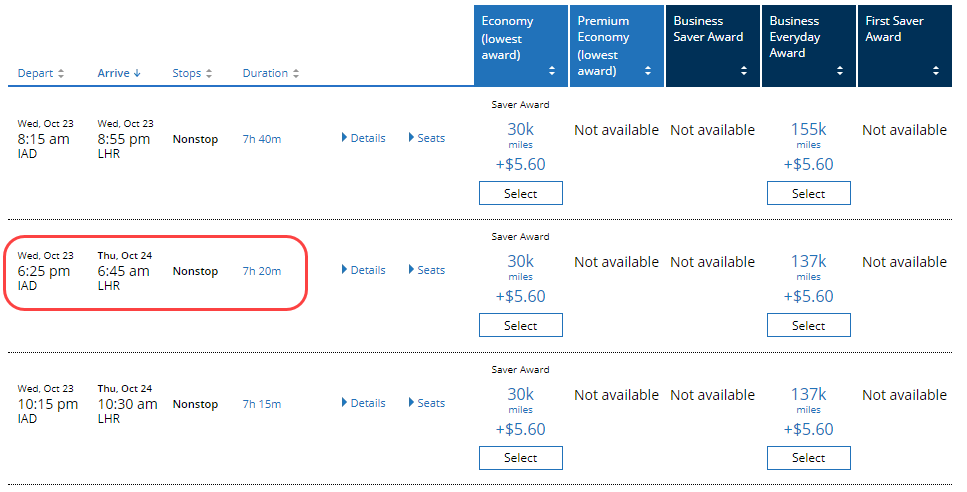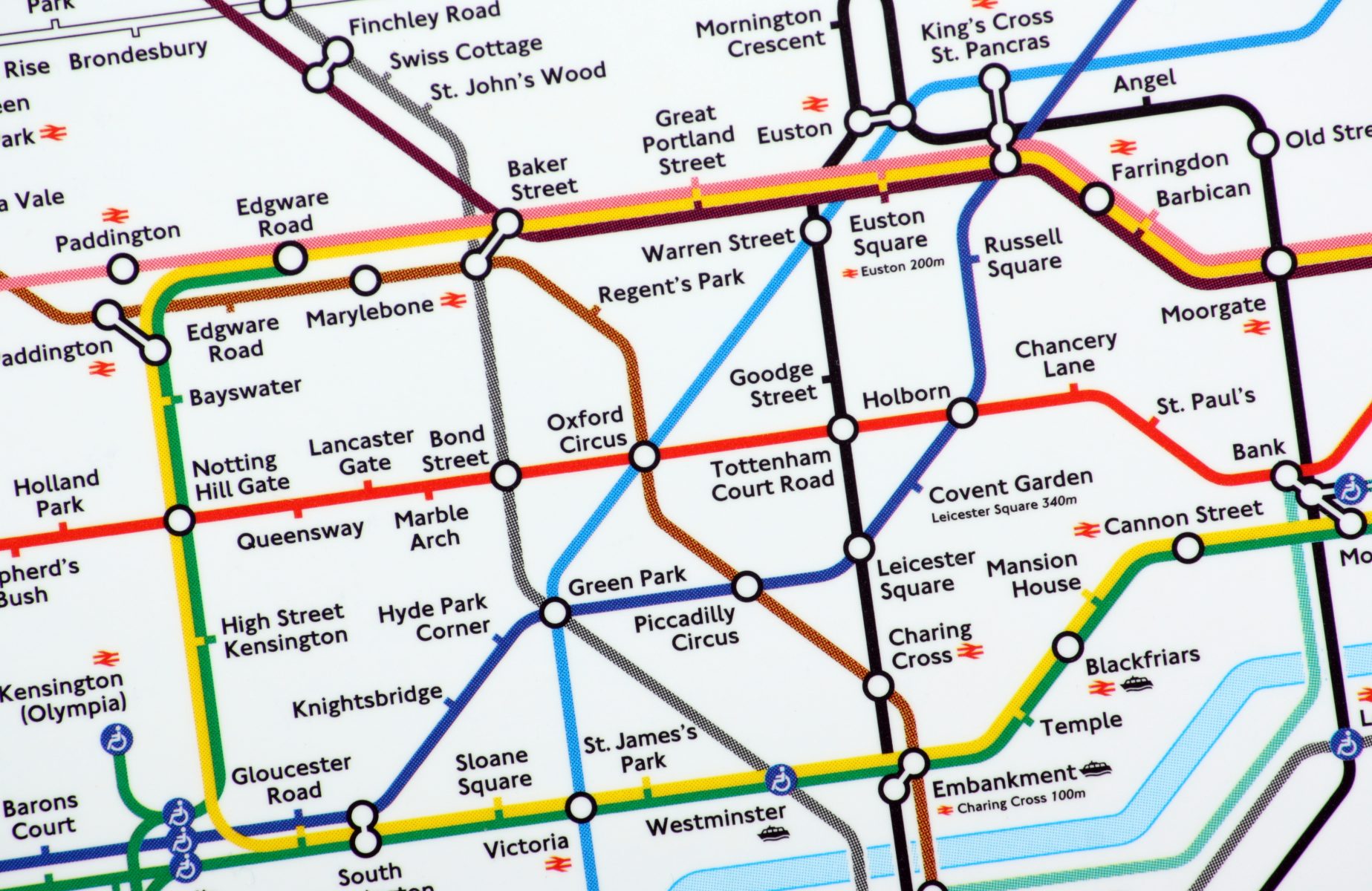Top Tips for a Long Weekend Trip to Europe
Signing up for credit cards through partner links earns us a commission. Terms apply to the offers listed on this page. Here’s our full advertising policy: How we make money.
INSIDER SECREST: Using miles and points can make a long weekend trip to Europe possible, even on a budget.Whether it’s the beautiful streets of Barcelona, the peaks of the Swiss Alps or the incomparable sunsets in Santorini, Europe offers endless adventures. Some trips to Europe can (and should) last several weeks, but you can take an incredible trip to Europe in just a long weekend.
In fact, with a little bit of planning, almost anyone can spend a great three or four days in Europe without breaking the bank or using too much vacation time.

How to Take a Long Weekend Trip to Europe
Assuming you live in the continental US, consider the following when planning a long weekend in Europe:
Choosing the Right City
With only three or four days to work with, your best bet is to limit yourself to just one city. It’s possible to see more, but multiple cities in such a short time will probably be too much. Plus, spending extra time at the airport or on trains or buses is not ideal when you only have a few days.
If you have a particular city you’ve always wanted to visit, your decision might be easy. If you are limited by price, you may want to choose a city based on the best flight deals available for your travel dates. Of course, if you use miles and points on your trip, you’ll be able to travel to Europe cheaply and will probably have much more flexibility in your travel plans. You can check out the Million Mile Secrets reference chart for flights to Europe as a place to start.

Another important consideration is how quickly you can get to a particular city. If you have to connect one or more times to get there, you’ll be losing time better spent exploring your city of choice. The best scenario is finding a direct flight from your home airport to the European city.
Along the same lines, remember that the difference in travel time for eastern Europe versus western Europe is pretty big. From Boston you can get to Iceland in about five hours, whereas a direct flight to Istanbul is 9.5 hours. The difference doesn’t matter much when you are staying for several weeks, but it’s much more important for a weekend trip.

Choosing the Right Flights
In addition to finding direct flights from your city of choice, flight timing is also very important. Most flights between the US and Europe depart in the evening and arrive the next morning. If you’re able to sleep on the plane, it’s best to arrive early the next morning, allowing as much time as possible to explore the city. For example, United often operates two evening flights from Washington Dulles to London.

By choosing the earlier flight, you get nearly four more hours of time in London. Of course, it’s probably harder to sleep on a flight leaving at 6:25pm than one leaving at 10:15pm, but it’s worth it for an extra half-day in a new city.
Another way to make the overnight flight a better experience is to book your outgoing flight in business or first class, where your seat likely converts to a lie-flat bed. It’s great to arrive in Europe after a restful night’s sleep.
If you’re flying on points, there are many ways to save on business-class flights:
- The Secret to Cheaper United Airlines Business Class Flights
- The Smart and Extra Cheap Way to Book Business or First Class on American Airlines
- How to Use Delta Miles for Free Tickets to Europe
If flying in a premium cabin is a little outside of your budget, you can make the most of an economy seat by choosing the best seat for your preferences.
Choosing the Right Schedule
Once you’ve determined where you’re going and how you’re flying there, the next step should be to figure out a schedule for your weekend. Here are a few suggestions:
Determine Your Three Must-See Attractions
On a trip of three or four days, you won’t be able to do it all. But you can definitely pick two or three things you most want to see or do and plan your trip to make them possible. Maybe it’s touring the Colosseum in Rome or going to the Eiffel Tower in Paris. Or maybe it’s eating at a top local restaurant or going out for drinks at a popular bar. Build these experiences into your schedule first.

Schedule Time to Wander
One of the sweetest parts of travelling is taking time to explore. For some, this might be a guided tour, while others may prefer a simple walk. Whatever your preference, it’s a good idea to set aside some time to explore the city.
Leave Time for Rest
Even in a short trip, it’s easy to over-schedule. On one hand, you are in a new city that you probably won’t visit again soon, so you want to see everything you can. But at the same time, you want to enjoy yourself and not be worn down. On flights to Europe jet lag can take its toll. Don’t be afraid to schedule some time to rest over the weekend. If you need to sleep in or take a nap, don’t feel guilty. It is your vacation, after all.

Or if you need a break, a simple walk through a park or downtime in a local coffee shop can help to recharge.
Choosing the Right Hotel
There are many different opinions on the best way to stay in a foreign city. High-end hotel or a budget-friendly hostel? Pay more for a great location or save money and stay farther away? If you have a large budget for the trip, you can almost certainly find a nice hotel in a great location. But most folks will have to choose between quality and location when selecting a hotel.
Quality: No one wants to stay in a dump, but for a quick weekend trip to Europe, you probably won’t be spending too much time in the room. Staying at the Ritz Carlton is nice, but a cheaper hotel will probably do if your main concerns are a clean room and a comfortable bed. Location: In many European cities, the majority of the top attractions and sites are located in the middle of the downtown area. Downtown, however, is usually the most expensive place to stay. You are paying for the convenience of being near the action.If you don’t mind staying at a slightly lesser hotel, your best bet is probably to sacrifice on hotel quality in order to stay in a great location. Remember, you won’t be in the room that often and you’ll love the convenience of being near the top attractions.
Another option is to stay a little farther away from the center of the city but very near a train or subway line. For example, in London a hotel in Kensington will be costly at any time of year, but if you venture 10-15 minutes out on the Underground, you can find cheaper options. With fast and reliable public transit systems in many European cities, this is a great strategy if you don’t mind a short commute.

If you collect hotel points, a weekend trip to Europe is a great opportunity to redeem your points to get free hotel nights. This is especially true if you can use points to stay at a top-tier hotel that you would not have been able to pay cash for otherwise. There are plenty of nice options for using hotel points in Europe:
- Why Earning Hilton Points Is Your Best Option
- The Ins and Outs of the Hyatt Award Chart
- IHG Rewards Review
- Marriott Bonvoy Program Review
- Make the Most of Your Marriott Points With These Hotel Points Transfer Bonuses – Great for Getting to Europe With a Free Stopover
Bottom Line
With a little planning, you can have an excellent time in a European city on just an extended weekend. By choosing the right city, flights, schedule and hotel, you’ll be well on your way to making memories.
For the latest tips and tricks on traveling big without spending a fortune, please subscribe to the Million Mile Secrets daily email newsletter.Editorial Note: We're the Million Mile Secrets team. And we're proud of our content, opinions and analysis, and of our reader's comments. These haven’t been reviewed, approved or endorsed by any of the airlines, hotels, or credit card issuers which we often write about. And that’s just how we like it! :)






Join the Discussion!